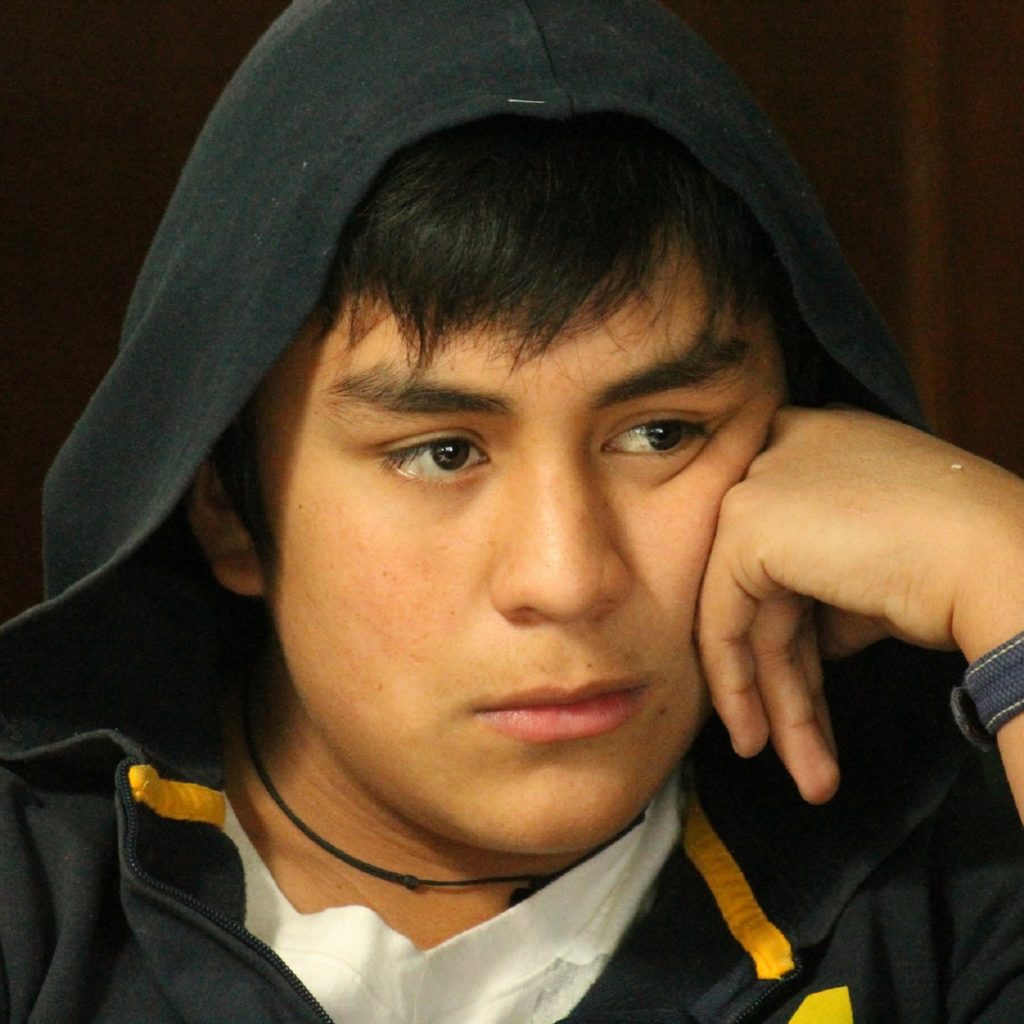
How can I recognise if my child has a drug abuse problem?
Certain factors predispose teenagers to drug abuse. These include a family history of substance abuse, a history of depression and low self-esteem, feelings of not fitting in, and dropping out of the mainstream. A smoking habit has likewise been correlated with substance abuse. Teens who smoke are eight times more likely to use marijuana, and twenty-two times more likely to use cocaine. By knowing the specific warning signs and monitoring your teenager’s behaviours, you can intervene earlier if a problem develops.
Five areas to evaluate for help in determining if a drug problem is present in your teenager:
Physical Warning Signs
- fatigue
- repeated health complaints
- red and glazed eyes
- lasting cough
Emotional Warning Signs
- personality change
- sudden mood changes
- irritability
- irresponsible behaviour
- poor judgment
- general lack of interest
Family Dynamics
- starting arguments
- negative attitude
- breaking rules
- withdrawing from family
- secretiveness
School Behaviour
- decreased interest
- negative attitude
- drop in grades
- many absences
- truancy
- discipline problems
Social Problems
- new friends who make poor decisions and are not interested in school or family activities
- problems with the law
- changes to less conventional styles in dress and music
Two other behaviours that can strongly indicate an addiction problem are a sudden disregard in physical appearance, and requests for money that are out of the ordinary. Teenagers tend to be very concerned about fitting in and looking good among their peers, so be aware of a disinterest in dress or personal style. And since a drug habit is costly, money could be stolen from previously protected places like purses, or items may disappear from the house that have been sold for drugs.
None of these symptoms by themselves definitively point to a drug abuse or addiction problem. They could be the result of an undetected medical condition or other psychological issues. It is important to seek the advice of a mental health expert for evaluation and withhold making a diagnosis of drug abuse based solely on your observations.
How can I talk with my teenager about drugs?
- Educate yourself – Find out about the issues. Check with local schools, agencies and information services for the resources you will need. Find books at the local library. The more informed you are, the easier it will be to discuss the issues.
- Be accessible and open-minded – The idea is to open a dialogue. Listen to what your teens have to say. Ask questions and do not judge.
- Be clear – Your main message should be clearly stated: “don’t use drugs” should be the core theme of your discussions.
- Keep it relaxed – Avoid the “We have to talk” approach. Relax and talk about it over supper or when you’re driving somewhere. If you are casual, it will help your children to be more honest and willing to talk.
- Grab opportunities – Use teachable moments. If you have just seen a TV show or poster that discusses the issue, use this to allow the discussion to come up naturally.
- Discuss peer pressure – Talk about ways to say no and how to deal with the pressures to conform and fit in.
- Practice what you preach – Kids imitate adults. If you abuse drugs yourself, no matter what you tell your teens, your actions speak louder than words. Avoid being a hypocrite and perhaps it is time that you examine your own problem first.
Experts say the best way to determine if your children are using drugs or alcohol is to talk to them. There are many resources available to parents for help in talking to your kids about drugs.
But the problem with that approach is if your children are using drugs or drinking while underage, they are breaking the law, and are not likely to admit that to their parents or any other adult. If your child is using drugs or alcohol, more than likely they are doing all they can to cover up that activity.
Prevention guidelines for parents:
- Talk with your teenager (note that it is with, not at)
- Get Involved: Young people are much less likely to have mental health and substance use problems when they have positive activities to do and when caring adults are involved in their lives.
- Set Rules: Experts say it is essential to make clear rules and enforce them with consistency and appropriate disciplinary action.
- Be a Role Model: Children like to imitate adults. This is why parents need to be mindful of their actions when it comes to the use of tobacco, alcohol, and illegal drugs and what they say about people with mental illness.
- Teach Kids To Choose Friends Wisely: We’ve all heard the phrase “peer pressure.” Children want to be accepted and noticed by their peers, and sometimes this can lead children to do things they would not normally do. Support children’s social skills and development at a time when they are making important decisions that will affect their whole life.
- Monitor Your Child’s Activities: Research shows that monitoring a child’s activities is an important way of lowering his or her chances of getting involved in a harmful situation.
Links for further advice
www.talktofrank.com a site aimed at teenagers
www.bbc.co.uk comprehensive information and advice on getting help
www.drinkanddrugs.net information and links to other sites on alcohol and drug problems
Books
How to Talk so Teens Will Listen and Listen So Teens Will Talk – by Adele Faber, Elaine Mazlish
Kids are Worth It – by Barbara Coloroso
